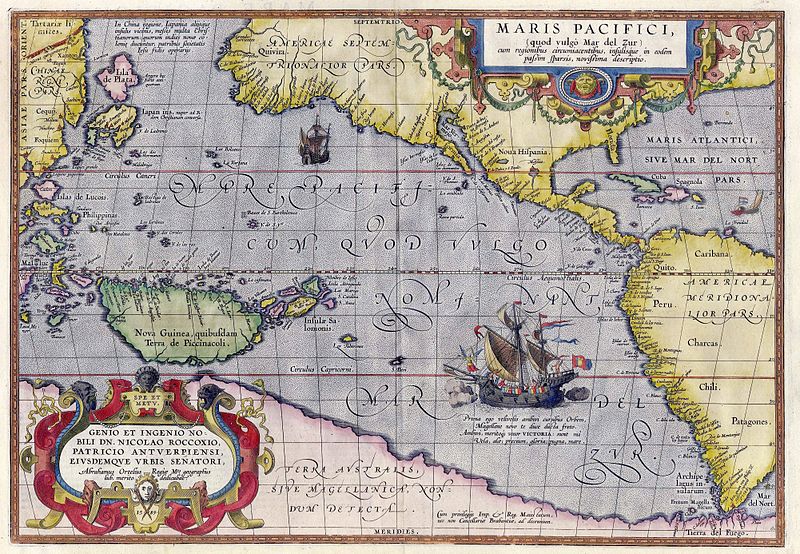



Tonight we had a dramatic example of how floating marine debris, in particular, lost fishing gear can harm and kill marine life. Upon setting out to deploy our Tucker trawl, the ship’s crew spotted a large fishing net floating in the water with two sea turtles ensnarled in the gear and floating helplessly with it. The boat moved alongside the turtles to assist and upon further inspection found that one of the turtles was dead while the other was alive, but wrapped heavily in fishing line across its neck and front flippers. The fishing gear wrapped so tightly around the turtle’s front right flipper that it was completely severed from its body. One of the crew members immediately used a knife to free the line from the live turtle. The dead turtle was brought on board for inspection and the fishing gear removed from the water for proper discharge on land. The two turtles appear to be Olive Ridleys, which are quite abundant in this area (off the Pacific coast of Mexico and Costa Rica) and are believed to be the most abundant sea turtle in the world. Nonetheless, the loss and maiming of these beautiful animals struck a blow to all onboard. Floating fishing gear kills countless birds, mammals and sea turtles every year, in addition to fish and other marine life. This destructive act is termed “ghost fishing”, for its continual capture of marine life, which can carry on for years after the gear has been lost or abandoned. Sea turtles around the world have suffered dramatic population losses from their entanglement in lost and active fishing gear. For more information on sea turtles and what you can do to help, visit The Blue Ocean Institute’s website at http://www.blueocean.org/ or the Riverhead Foundation’s (New York state’s marine mammal and sea turtle stranding program) at http://www.riverheadfoundation.org/.



No comments:
Post a Comment